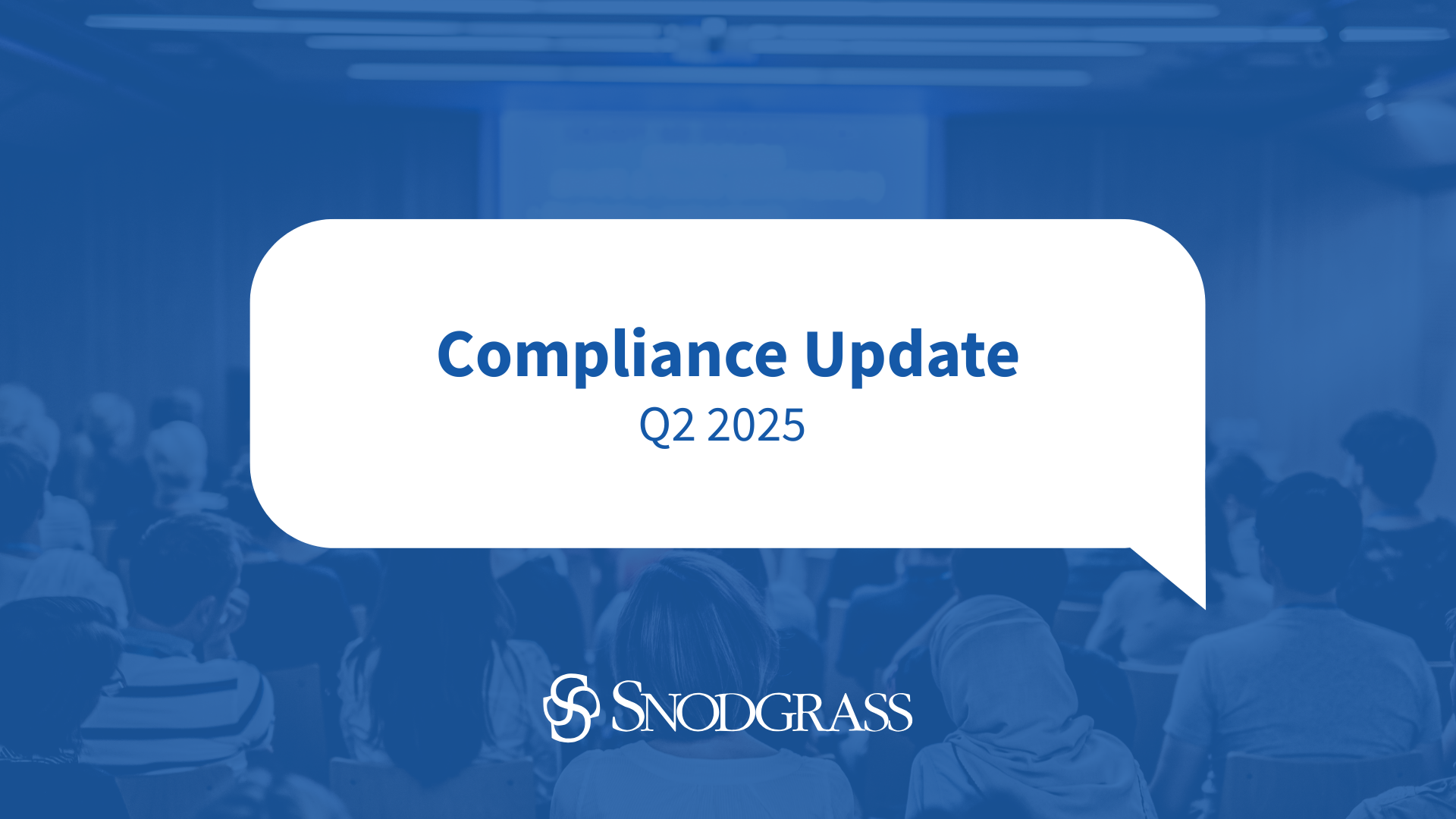Governor Tom Wolf has signed the 2022–2023 fiscal year budget and supporting legislation providing significant tax changes for Pennsylvania taxpayers.
Corporate tax rate decrease
House Bill 1342 (the “Bill”) provides for a reduction in the 9.99% corporate tax rate to 4.99% over the course of 9 years. The scheduled corporate tax rates are:
2023 – 8.99%
2024 – 8.49%
2025 – 7.99%
2026 – 7.49%
2027 – 6.99%
2028 – 6.49%
2029 – 5.99%
2030 – 5.49%
2031 & beyond – 4.99%
Intangible market-based sourcing rules
The Bill replaces the cost-of-performance rule for receipts from intangibles with a market-based rule, effective for tax years beginning after December 31, 2022. This is a major change that could have significant impact on taxpayers previously considered to have no nexus with Pennsylvania. The new rules generally source gross receipts to Pennsylvania (and thus subject them to Pennsylvania filing/tax) based on the location of the benefit derived. The Bill provides detailed rules for specific classes of income:
- Lease or license of intangible property – receipts are sourced to Pennsylvania if and to the extent the property is used in Pennsylvania.
- Sale of intangible property – receipts are sourced to Pennsylvania if and to the extent the property is used or otherwise associated with Pennsylvania.
- Sale, redemption, maturity, or exchange of securities – if securities are held primarily for sale to customers in the ordinary course of business, receipts are sourced to Pennsylvania if the customer’s location is in Pennsylvania.
- Interest, fees, and penalties from credit card receivables – receipts are sourced to Pennsylvania if the cardholder’s billing address is located in Pennsylvania.
- Interest, fees, and penalties from unaffiliated entities – if received by a taxpayer that regularly lends funds to unaffiliated entities, the following rules generally apply:
- If the loan is secured by real property, receipts are sourced to the location of the real property.
- If the loan is secured by tangible personal property, receipts are sourced to the state where the property is delivered or shipped to a purchaser.
- For all other loans to unaffiliated entities not described above, receipts are sourced to the location of the borrower.
- Other interest – receipts from interest not otherwise described in the Bill are sourced to the lender’s commercial domicile. The sourcing of this interest is a departure from the market-based concept and would appear to apply to interest received from affiliated entities.
- Other intangible property – receipts from intangible property not described in the Bill are excluded from both the numerator and denominator of the sales factor.
Economic nexus
For tax years beginning after December 31, 2022, a rebuttable presumption of substantial nexus exists when a corporation has $500,000 or more Pennsylvania-sourced sales regardless of physical presence. This presumption serves to codify the standard in Corporation Tax Bulletin 2019-04. It is unclear whether the applicable date included in the Bill impacts the authority of the Tax Bulletin for years prior to 2023.
Section 179 expense
The Bill eliminates the $25,000 limit Pennsylvania applied to allowable section 179 expense for personal income tax (including pass-through entities) and conforms to the federal limit (currently $1,080,000 for 2022). This change is effective for tax years beginning after December 31, 2022.
Section 1031 exchanges
For tax years beginning after December 31, 2022, the Bill provides that Internal Revenue Code section 1031 is applicable for Pennsylvania, thus allowing for tax-free exchanges in Pennsylvania under section 1031.



